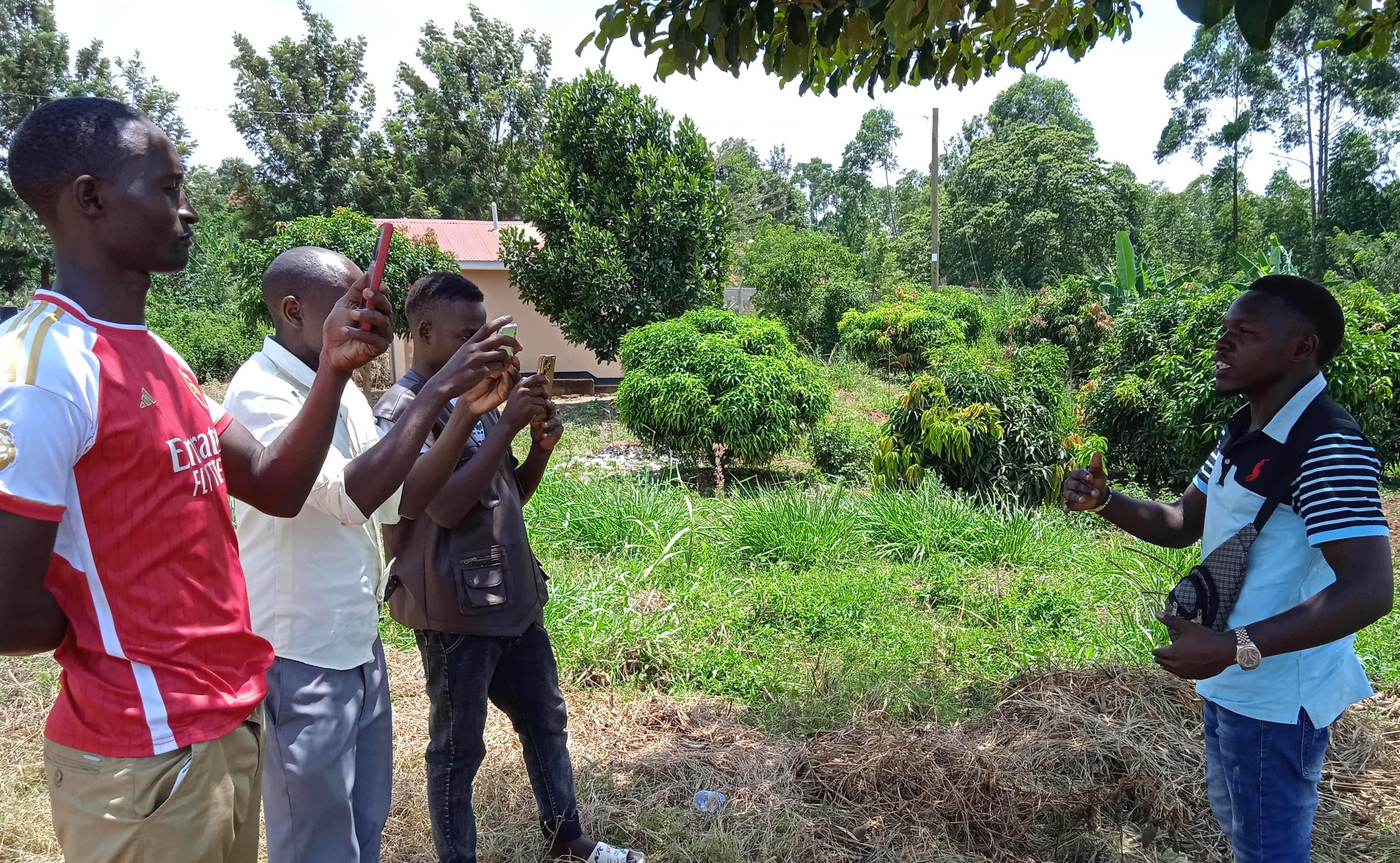
How Ugandan Youth Can Seize Opportunities for Job Creation
As Uganda's youth population continues to grow, so does the challenge of unemployment. However, experts and entrepreneurs have been emphasizing that the current environment presents a wealth of opportunities for young people to create their own jobs and drive economic growth.
Harnessing Digital Technology: One of the most promising areas for job creation is digital technology. With the rapid expansion of internet access and the increasing use of smartphones, there are countless opportunities in sectors such as e-commerce, digital marketing, app development, and online content creation. Platforms like YouTube, TikTok, and Instagram allow young Ugandans to monetize their creativity and skills, turning hobbies into profitable careers.
Additionally, online marketplaces such as Jumia and OLX provide avenues for youth to start small businesses with minimal capital. By leveraging social media for marketing, young entrepreneurs can reach a broader audience and scale their businesses faster than ever before.
Agriculture: The Backbone of Opportunity
Agriculture remains a cornerstone of Uganda's economy, employing over 70% of the population. For youth, this sector offers untapped potential, especially with the introduction of modern farming techniques and value addition. Young people can engage in agribusiness by adopting innovative practices like greenhouse farming, aquaculture, and organic farming. They can also explore value addition through processing and packaging agricultural products, which can command higher prices both locally and internationally.
Government initiatives such as the Youth Livelihood Program (YLP) and the Operation Wealth Creation (OWC) provide funding and resources for young entrepreneurs in agriculture. By taking advantage of these programs, youth can access the necessary capital and training to succeed in this sector.
Skills Development and Vocational Training: With a competitive job market, equipping oneself with relevant skills is crucial. Vocational training centers across Uganda offer courses in trades such as carpentry, welding, tailoring, and mechanics. These skills not only make young people more employable but also provide them with the tools to start their own businesses.
The government and non-governmental organizations (NGOs) are also investing in skills development programs. Initiatives like the Skilling Uganda program aim to empower youth with the practical skills needed to thrive in the job market. By participating in these programs, young Ugandans can gain the expertise required to tap into various industries.
Innovation Hubs and Start-Up Incubators: Uganda is witnessing a rise in innovation hubs and start-up incubators that support young entrepreneurs. These centers provide mentorship, networking opportunities, and sometimes even seed funding to help young people turn their ideas into viable businesses. Organizations like Innovation Village and Outbox Hub in Kampala are at the forefront of this movement, offering resources to aspiring tech entrepreneurs and innovators.
By engaging with these hubs, youth can benefit from a collaborative environment that fosters creativity and innovation. These platforms also provide exposure to potential investors, which can be instrumental in scaling up a business.
Access to Financial Services: Access to capital is often a significant barrier for young entrepreneurs. However, with the growth of microfinance institutions and mobile money services like MTN Mobile Money and Airtel Money, it has become easier for youth to secure funding for their business ventures. Additionally, some banks and financial institutions offer youth-friendly loan products designed to support small and medium enterprises (SMEs).
Youth can also explore crowdfunding platforms and peer-to-peer lending as alternative means of raising capital. By tapping into these financial services, young entrepreneurs can overcome the challenges of starting and expanding their businesses.
Networking and Mentorship: Success in business often hinges on strong networks and mentorship. Youth should actively seek out mentors who can provide guidance, support, and industry connections. Participating in business forums, attending industry conferences, and joining professional networks can open doors to new opportunities and partnerships.
Mentorship programs offered by organizations such as the Uganda Youth Network (UYONET) and the Private Sector Foundation Uganda (PSFU) can provide young entrepreneurs with the insights and advice needed to navigate the complexities of running a business.
Uganda's youth have the potential to drive the country's economic transformation by creating their own jobs and businesses. By leveraging digital technology, exploring opportunities in agriculture, acquiring vocational skills, engaging with innovation hubs, accessing financial services, and building strong networks, young Ugandans can overcome the challenges of unemployment and become the engines of growth in their communities. With determination and the right support, the youth of Uganda can turn opportunities into sustainable livelihoods, contributing to the nation’s development.
Links
- 20 views












































Join the conversation